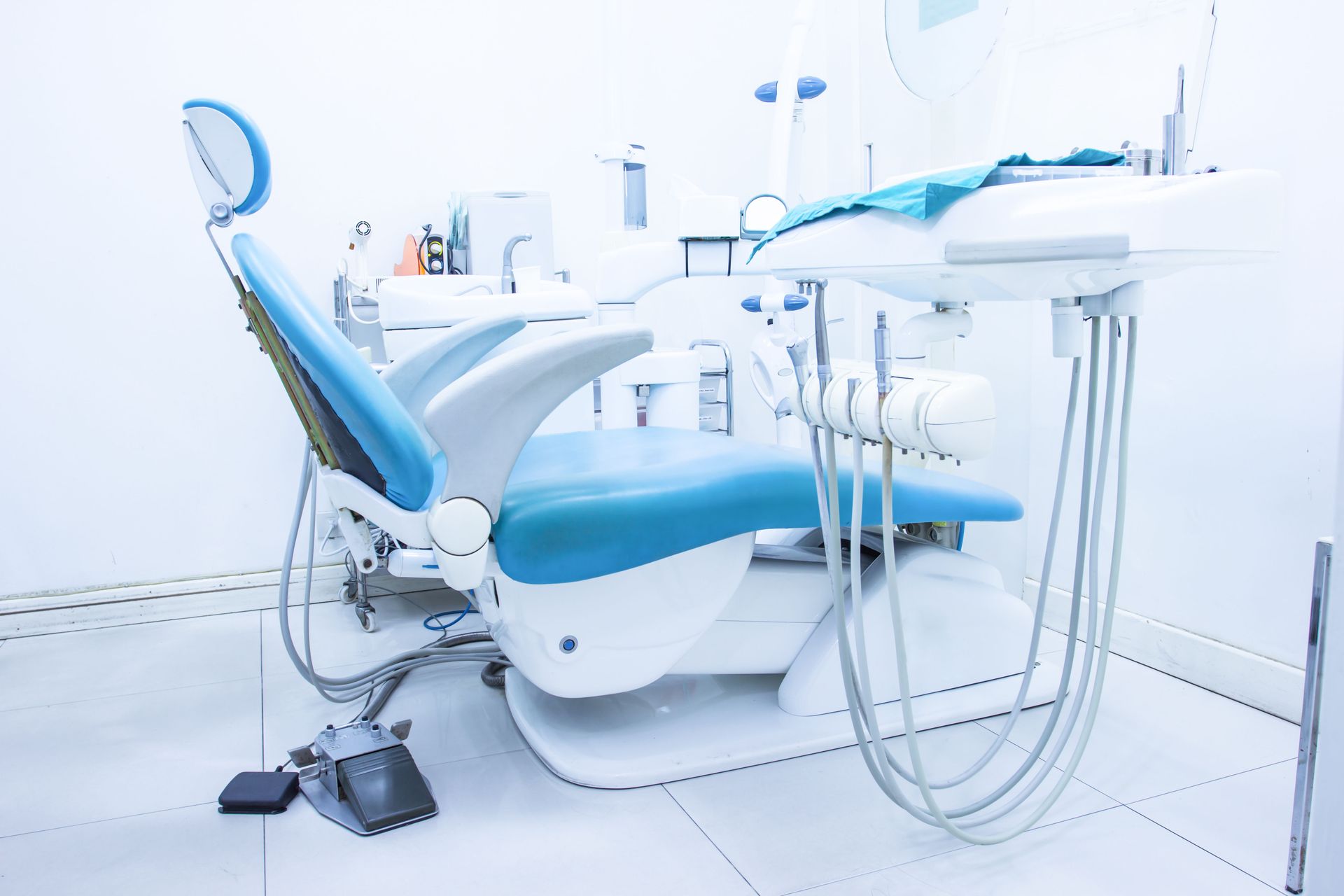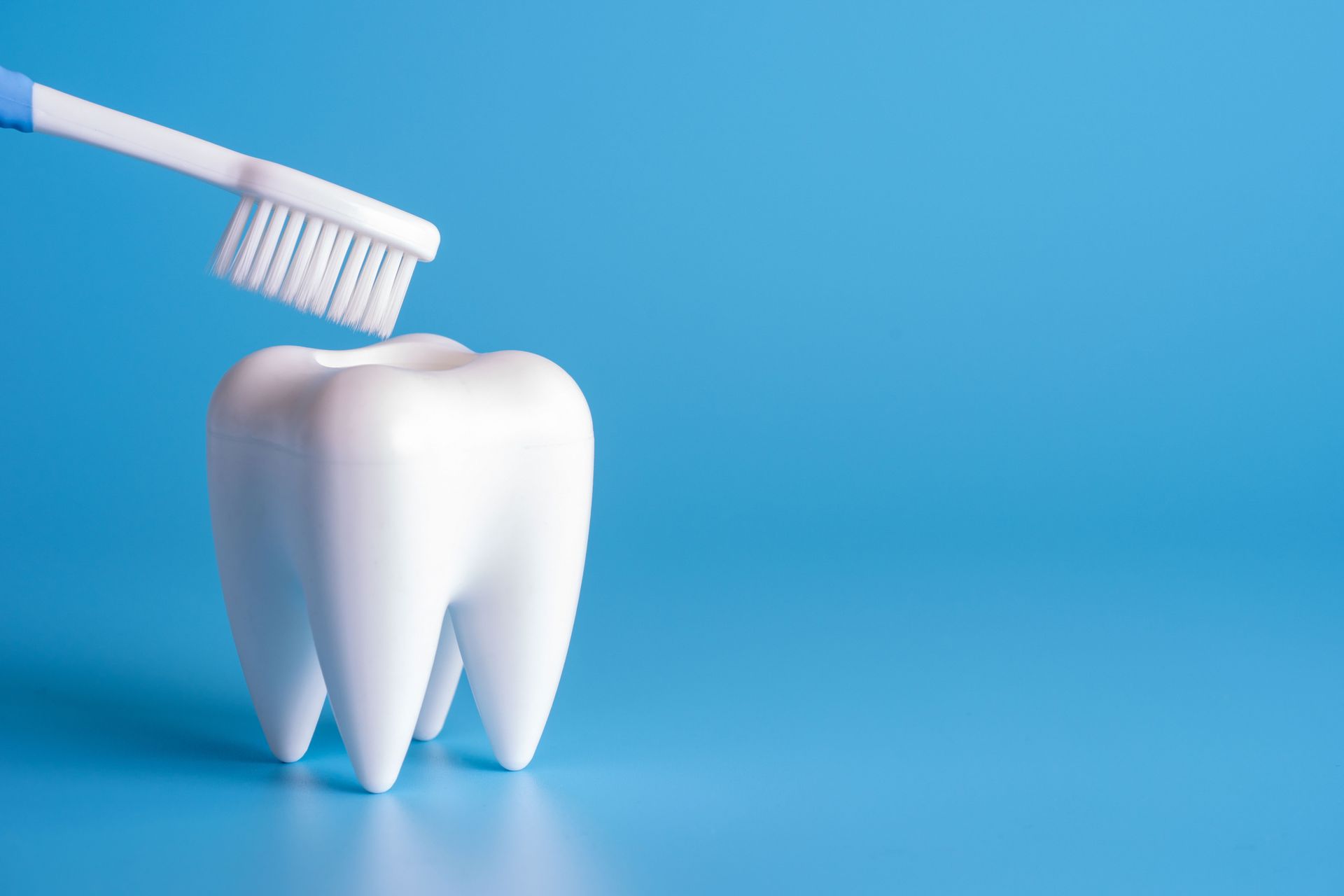Overcoming Dental Anxiety: How Panneton Dental Group in La Vista, NE Makes It Possible
Highlights:
- Dental anxiety is common and can cause patients to avoid essential care.
- Symptoms include panic, sleeplessness, sweating, and a racing heartbeat.
- Skipping visits leads to bigger problems like cavities and gum disease.
- Panneton Dental Group provides sedation options to ease fear and discomfort.
- Supportive strategies like clear communication and calming environments help patients feel safe.
- Building long-term trust makes regular dental care less stressful over time.
For many, a trip to the dentist evokes feelings of anxiety and apprehension, often causing individuals to postpone or avoid necessary dental care. Understanding this widespread concern, Panneton Dental Group in La Vista, NE, has made it its mission to create a comfortable and calming environment for those with dental anxiety. According to the
Cleveland Clinic, by offering medications that help you feel less stressed during dental procedures, tailored to each patient's needs, they ensure a stress-free experience across all treatments. Whether you're looking for a routine cleaning or a more complex procedure, Panneton Dental Group prioritizes your comfort and peace of mind. Let's explore how their compassionate approach can help you overcome dental fears and achieve optimal oral health. Dental anxiety is a common issue that affects many people, often preventing them from seeking necessary oral care. This section explores the root causes, symptoms, and health implications of dental anxiety.
Common Causes of Dental Anxiety
Dental anxiety can stem from various sources, each unique to an individual's experiences and perceptions. Past traumatic dental experiences often play a significant role in developing this fear. The fear of pain is another primary factor, especially for those who haven't visited a dentist in years and are unfamiliar with modern, pain-minimizing techniques. Some people feel uncomfortable with the loss of control they experience while sitting in the dental chair. The sounds and smells associated with dental offices can trigger anxiety in some patients. Additionally, feelings of embarrassment about the condition of one's teeth or personal space invasion during dental procedures can contribute to anxiety.
Fun Fact
Did you know? The oldest known toothbrushes were actually twigs—ancient civilizations used frayed sticks to clean their teeth thousands of years ago.
Signs and Symptoms to Look For
Recognizing the signs of dental anxiety is crucial for both patients and dental professionals. Physical symptoms often include increased heart rate, sweating, and visible tension in the body. Some individuals may experience difficulty sleeping the night before a dental appointment or feel increasingly nervous in the waiting room. Emotional signs can range from feelings of panic or dread to irritability or mood swings when discussing or thinking about dental visits. According to Better Health, extreme cases might lead to avoidance behaviors, where individuals consistently cancel or postpone appointments. In severe instances, some people might experience panic attacks at the mere thought of visiting a dentist.
Impact on Oral Health
Dental anxiety can have serious consequences on oral health when it leads to avoidance of regular check-ups and necessary treatments. Without routine professional care, minor issues can escalate into major problems. Untreated cavities can progress to severe tooth decay, potentially requiring root canals or extractions. Gum disease, if left unchecked, can advance from gingivitis to periodontitis, leading to tooth loss and potential systemic health issues.
Moreover, the lack of professional cleanings can result in the buildup of plaque and tartar, further compromising oral health. This cycle of avoidance and worsening oral health can exacerbate anxiety, making it even more challenging to seek dental care in the future.
Panneton Dental Group Approach
Panneton Dental Group in La Vista, NE, has developed a comprehensive strategy to address dental anxiety, focusing on patient comfort and personalized care.
Sedation Dentistry Options
Sedation dentistry is a game-changer for anxious patients, offering various levels of sedation to suit individual needs and procedure complexities. Nitrous oxide, often called "laughing gas," provides mild sedation and is ideal for less invasive procedures.
Oral sedation involves taking a prescribed pill before the appointment, inducing a state of deep relaxation. This option is suitable for patients with moderate anxiety or those undergoing longer treatments. For severe anxiety or complex procedures, IV sedation might be recommended. This method allows for a deeper level of sedation, carefully monitored by trained professionals throughout the procedure.
Fun Fact
Did you know? Tooth enamel is the hardest substance in the human body—even stronger than bone!
Patient-Centered Care Strategies
At Panneton Dental Group, patient comfort is paramount. The team employs a range of strategies to create a welcoming and stress-free environment. Clear communication is a cornerstone of their approach, ensuring patients understand each step of their treatment.
The dental professionals take time to build rapport with patients, addressing concerns and answering questions thoroughly. They offer options for entertainment during procedures, such as music or TV shows, to help distract and relax patients.
Environmental considerations are also taken into account, with calming decor and aromatherapy used to create a soothing atmosphere. The staff is trained in techniques to help patients feel more in control during their visit.
Testimonials and Success Stories
While direct patient testimonials aren't included, the success of Panneton Dental Group's approach is evident in the positive outcomes experienced by their patients. Many individuals who once avoided dental care due to anxiety now maintain regular check-ups.
Patients report feeling more at ease during appointments, with some even looking forward to their visits. The combination of sedation options and patient-centered care has allowed many to receive necessary treatments they had previously postponed.
These success stories highlight the transformative impact of addressing dental anxiety, not just on oral health, but on overall quality of life. Patients often express relief and gratitude for finally finding a dental practice that understands and accommodates their fears.
Finding Your Comfort Zone
Discovering the right approach to manage dental anxiety is a personal journey. This section provides guidance on preparing for appointments and building a positive relationship with your dental care provider.
Preparing for Your Appointment
Proper preparation can significantly reduce anxiety before a dental visit. Start by scheduling your appointment at a time when you're likely to feel most relaxed, avoiding stressful periods in your day. Communicate your concerns to the dental office when booking. Many practices offer pre-appointment consultations to discuss your fears and explore comfort options. This step can help you feel more in control and informed. According to the American Dental Association, bringing a trusted friend or family member for support is recommended. Their presence can provide comfort and distraction. Prepare questions you have about your treatment to address any uncertainties that might be fueling your anxiety.
Frequently Asked Questions
How often should I visit the dentist?
Most people benefit from a dental check-up every six months, but your dentist may recommend more frequent visits depending on your oral health needs.
Is professional cleaning really necessary if I brush and floss daily?
Yes. Even with good home care, plaque and tartar can build up in hard-to-reach places. Professional cleanings help prevent cavities, gum disease, and other issues.
Does dental treatment hurt?
Modern dentistry uses advanced tools, numbing techniques, and sedation options to make procedures as comfortable and pain-free as possible.
Tips for Managing Anxiety
Implementing coping strategies can help manage dental anxiety effectively. Practice deep breathing exercises or meditation techniques to promote relaxation before and during your appointment. Distraction can be a powerful tool. Bring headphones to listen to calming music or a favorite podcast during your visit. Some patients find stress balls or fidget toys helpful for redirecting nervous energy. Establish a signal with your dentist, such as raising your hand, to indicate when you need a break. This agreement can provide a sense of control and reassurance during the procedure.
Building Long-term Trust
Developing a trusting relationship with your dental care provider is crucial for overcoming anxiety in the long run. Regular communication about your experiences and concerns helps your dentist tailor their approach to your needs.
Start with shorter, less invasive appointments to build confidence gradually. As you become more comfortable, you can progress to more complex treatments. Celebrate small victories, such as completing a cleaning without anxiety, to reinforce positive associations.
Consistency is key. Regular check-ups can help normalize the dental experience and prevent minor issues from escalating into major problems that require more invasive treatments.





Share On: